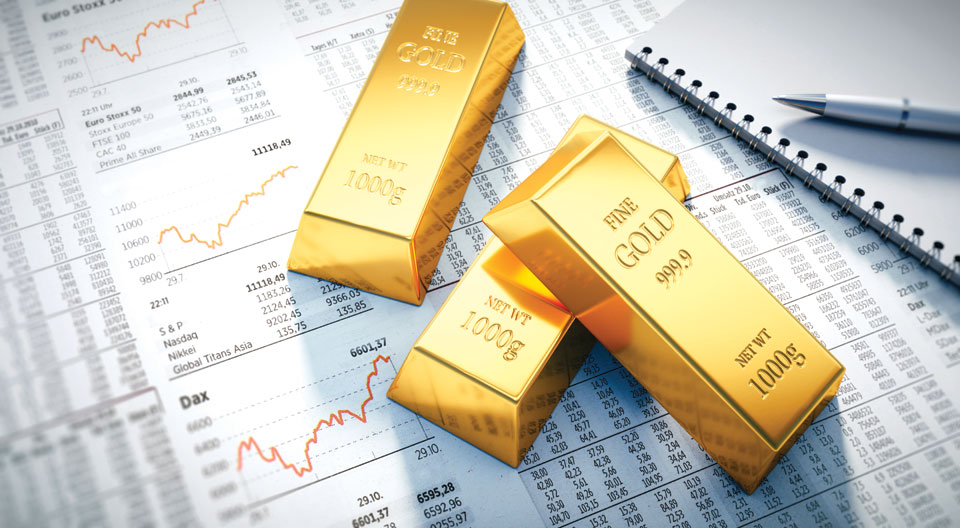
“Change is good, but dollars are better.” – Jill Shalves
What is money? You probably use the word “money” every day in several different contexts. But try to define exactly what money is and why it has value, and you may find it a difficult concept to explain. According to Investopedia, “money is a system of value that facilitates the exchange of goods in an economy.” Simply put, money is a medium we use to buy other things we want. Throughout history, various commodities have been used as money, including livestock, shells, stones, silver, gold, metal coins, and, most recently, fiat currency issued by a sovereign nation or even an amusement park (Disney Dollars, for example). Since the end of WWII, the fiat currency known as the US dollar has enjoyed an undisputed reign as the most reliable form of money in the world, but recently, the hegemony of the almighty dollar has been called into question.
ALMIGHTY DOLLAR
Predictions of the collapse of the US dollar are nothing new; we conducted an old-fashioned Google search (without ChatGPT) and found multiple articles predicting the demise of the US dollar in each of the past 20 calendar years. Yet over the 20-year period that ended in December 2022 – according to the ICE US Dollar Index – the dollar actually appreciated slightly (1.6%) against a basket of currencies that includes the euro, yen, and British pound. So, it seems that predictions of the dollar’s demise have been premature.
This year’s vintage of apocalyptic dollar predictions tends to emphasize stubbornly high inflation, the flaws exposed by the debt ceiling debate, ballooning budget deficits, and recent reports of Russia adopting the Chinese renminbi for payments between Russia and Asian countries. The problem with these predictions is that, if the dollar is to lose its reserve currency status, it will have to be replaced by something else. What might that be?
POTENTIAL REPLACEMENT CANDIDATES
Plausible successors to replace the dollar include the Japanese yen, the euro, the Chinese renminbi, and Bitcoin. Fortunately for the US dollar, each of these alternative currencies has its own problems. Japan has experienced a chronic slowdown in economic growth, primarily due to an aging population, and it has a debt-to-GDP ratio far higher than that of the US. The euro faces continuing troubles due to slow productivity growth in continental Europe. China’s use of capital controls and its lack of reliable property rights disqualify the renminbi as a trustworthy alternative. Cryptocurrencies offer some benefits over fiat currencies – such as anonymity, limited supply (in theory), and low transaction costs – but they exhibit massive volatility relative to fiat currencies, and their universal acceptance is far from assured. Former US Treasury Secretary Larry Summers offers this concise evaluation of the potential alternatives to the US dollar: “You cannot replace something with nothing… Europe is a museum, Japan is a nursing home, China is a jail, and Bitcoin is an experiment.”

ALL THAT GLITTERS
If alternative fiat and cryptocurrencies are not viable replacements for the US dollar, could gold fill the void? Gold has been used as a form of currency for centuries, and it offers some of the advantages of cryptocurrencies, such as anonymity and limited supply. But gold requires physical possession, and it is currently not used as a medium of exchange in global transactions.
On the plus side, gold, unlike fiat currencies, is an effective long-term hedge against inflation. However, its short-term price volatility is ten times the volatility
of inflation, so if hedging inflation in the short-term is a concern, gold is not a reliable solution.
IT’S GOOD TO BE THE KING
Despite all the hand-wringing about the dollar’s status on the global stage, the empirical evidence shows that the dollar is still king. Official data shows that the dollar’s share of global foreign exchange transactions and foreign exchange reserves has remained remarkably stable over the past 20 years. On the international stage, the dollar’s dominance is clear: Travel to any foreign country and try to pay a cab driver in a currency other than their own home currency. You will find that most everyone is comfortable with US dollars, and this powerful network effect will likely keep the dollar in a position of leadership for many years to come.
It is important to remember, however, that all empires and their currencies are replaced eventually, and given a long enough time frame, it is certain that the dollar’s dominance will erode. The good news is that this erosion could take several years, decades, generations, or even longer. Changes in financial regimes often occur at a glacial pace, and fortunes will be made in the meantime. So, for now, we intend to continue to treat the US dollar with reverence, and view any so-called dollar alternatives with skepticism until a truly viable competitor emerges

